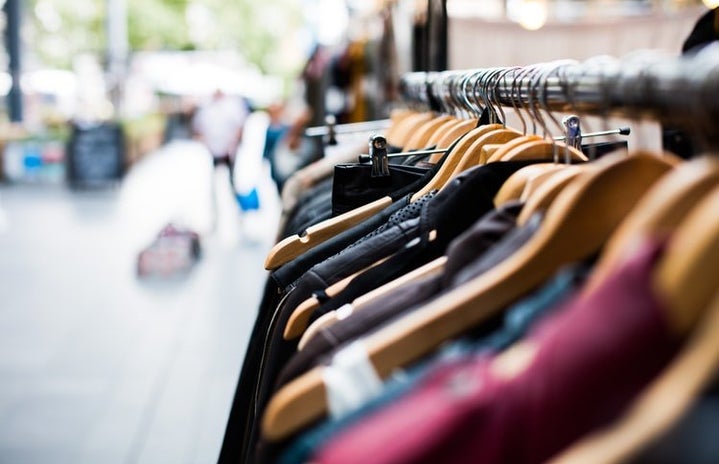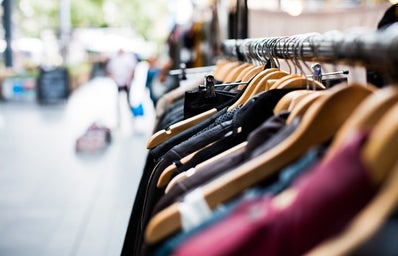This is the first post in the series I Want It All. The I Want It All series is about the education of ethical and sustainable fashion. In my goals for 2022, I expressed my longing to create more activist pieces. In this series, I hope to educate you about the true cost of the fashion industry. Through education, I yearn to encourage you to do something to help improve the effects of the fashion industry. Be an activist for the voices that are being silenced in the capitalist eyesore of the current fashion industry.
The documentary The True Cost is also available on Tubi for free.
What The Eff Is Ethical Fashion?
There is no single definition to describe ethical fashion. From the research that I’ve been analyzing for months, the term ethical fashion comes from those who are against fast fashion.
As consumers, we have so much power to change the world by just being careful in what we buy.
Emma Watson
In a nutshell, the term ethical fashion was created to keep the fashion industry in moral standing with the factory workers and the environment. The fashion industry is the second most harmful industry on this planet. The constant rate at which clothes are being made for fast fashion brands like H&M, Zara, Forever 21, Fashion Nova, Misguided, Urban Outfitters, and many more is exponential.
The True Cost Of Fashion
The fashion brands mentioned above make a gross amount of money per year. With all the revenue produced, the factory workers still can’t make bearable wages. These fast fashion companies settle in poverty-stricken countries in which the inhabitants have no other choice but to accept the payment because work is scarce. Those who speak out against the injustice of their forced labor and inadequate wages are silenced by their government. These governments are notably impoverished, causing them to side with the fast fashion companies because those companies bring work to the country.
This forced labor doesn’t even begin to cover the environmental damage caused by the fast fashion industry, as evident through pollution in oceans and local water sources, excess trash in landfills, chemicals, greenhouse gases, and more. Constant production of low-quality, unnecessary goods contributes to generational problems for consumers and the eco-components involved.
The Quick Fixes!
- Do not buy from fast fashion brands as often. The financial struggle is real. I get it! We all want to be trendy and stylish. These fast stores help make that reality possible with their cheap prices, but there are a ton of other ways of staying on top of trends and gaining access to a plethora of clothing items.
- Go to your local thrift shop. I go to my local thrift store at least once a week to see the new items. All the clothes are name-brand and minimally worn. The pictures feature items that I have thrifted and styled.
- Turn your fast fashion items into customized pieces. Rip, cut, and sew your old clothing into new silhouettes to rock!
- Buy more investment pieces. Investment items can be worn longer and are made from higher-quality materials.
- Throw recycle parties! Trade old clothes with friends and family. This idea will reduce the number of clothes that end up in landfills each year. As they say, one man’s trash is another man’s treasure.
If It’s Broke, Fix It!
Patagonia
Have you ever thought about ethical fashion?


